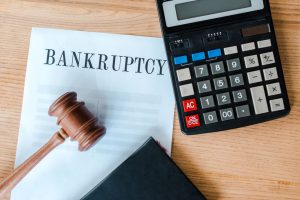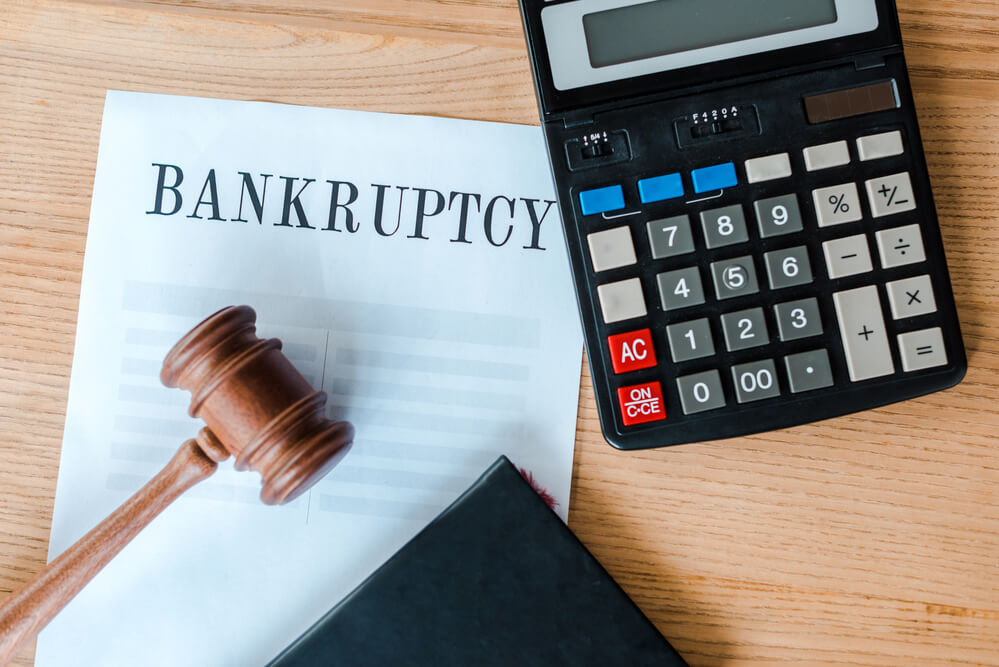Chapter 13 Hardship Discharge
Motion For Hardship Discharge Chapter 13
Sometimes people cannot continue with the repayment plan they created when filing for Chapter 13 bankruptcy. This happens often when an individual gets into a permanent financial crisis. You can still get your debt discharged if you find yourself in this predicament. When you can no longer make your monthly payments, you may be eligible for a hardship discharge. You should get in touch with a Bankruptcy Attorney In Tampa, Florida to get additional information.
How A Hardship Discharge Works
How To Get Out Of Chapter 13
A court grants a hardship discharge before you completely repay your debt. That means that you need to file a motion with the bankruptcy court if you want to benefit from a hardship discharge. You are eligible for this discharge if:
- You are unable to complete your payments because you are in a financial crisis
- Your unsecured creditors have already received the amount you would have paid them had you filed a Chapter 7 bankruptcy
- It’s not possible to modify your repayment plan
A court can only grant a hardship discharge if you are not responsible for the circumstances that have made it difficult for you to complete payments. The situation makes it impossible for you to make those payments must be permanent for you to be eligible. That means that losing your job temporarily or a decrease in your income are not sufficient reasons for a hardship discharge.
A better option when your income is no longer sufficient is to file for a Chapter 7 bankruptcy.
Do Unsecured Creditors Get Paid?
Can A Chapter 13 Be Discharged Early
 Unsecured creditors are the lenders that loaned you money without collateral. They matter because a court requires you to pay your unsecured creditors as much money as you would have paid had you filed for a Chapter 7 bankruptcy.
Unsecured creditors are the lenders that loaned you money without collateral. They matter because a court requires you to pay your unsecured creditors as much money as you would have paid had you filed for a Chapter 7 bankruptcy.
You can estimate that amount by calculating the value of your nonexempt assets that would have been sold off in a Chapter 7 bankruptcy. In Chapter 13 bankruptcy, you don’t sell any property or assets but pay back your creditors an amount equal to the value of your nonexempt assets. This is why they do not touch your property or assets.
But if the value of your nonexempt property or assets is significant, it’s likely that you may not have paid your creditors a sufficient amount to qualify for a hardship discharge.
When A Chapter 13 Modification Is Not Practical
Chapter 13 Payments Suspended
Modifying a Chapter 13 bankruptcy plan is possible only if your income goes down considerably while you are in bankruptcy. In this situation, the modification would involve reducing the amount you have to pay every month in your Chapter 13 repayment plan. That includes the amount you have to pay for nonpriority or unsecured debts such as medical bills, credit cards, and personal loans.
But you have to prove that modification is not feasible or practical in your situation for the court to grant hardship discharge.
Not All Loans Can Be Discharged
When Is A Chapter 13 Bankruptcy Discharged
Student loans, priority debt, tax debt, child support, and some other debts are non-dischargeable. That means you will have to repay them no matter your financial situation.
Find Bankruptcy Lawyers Nearby
Bankruptcy Attorney Office Location
